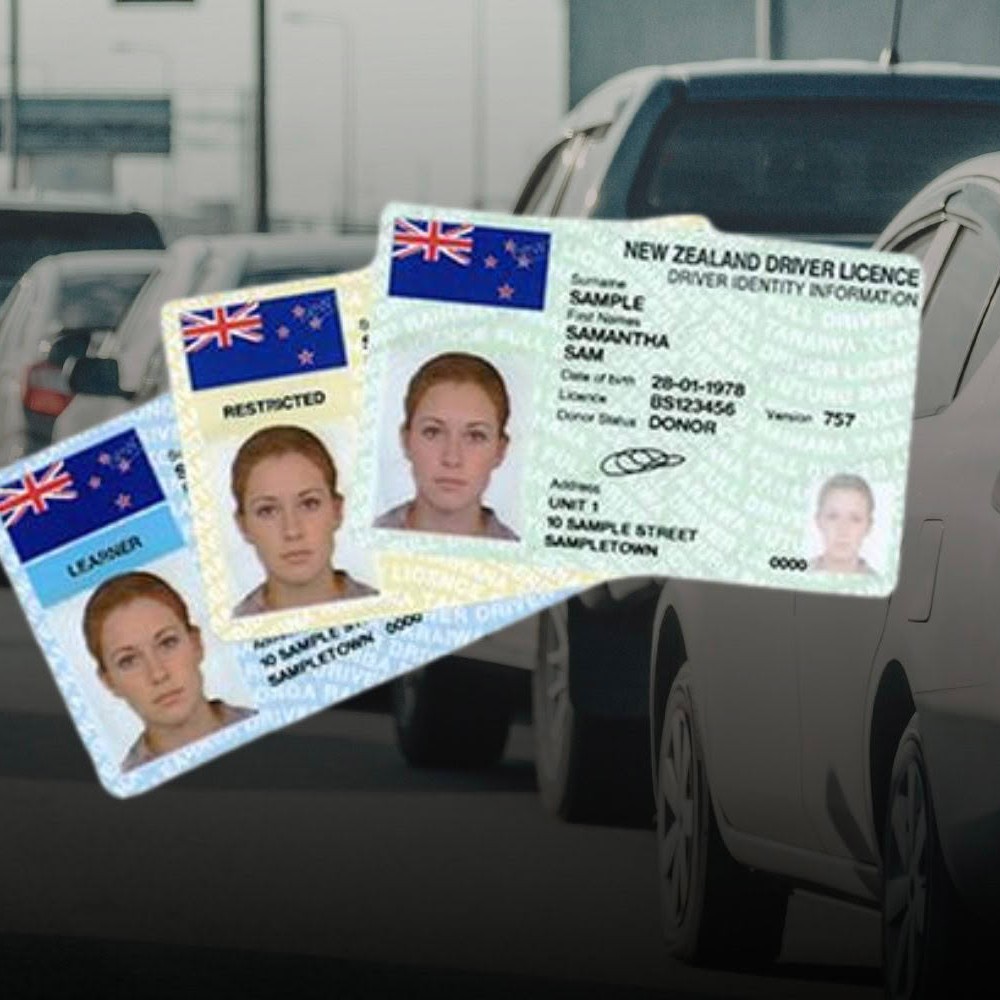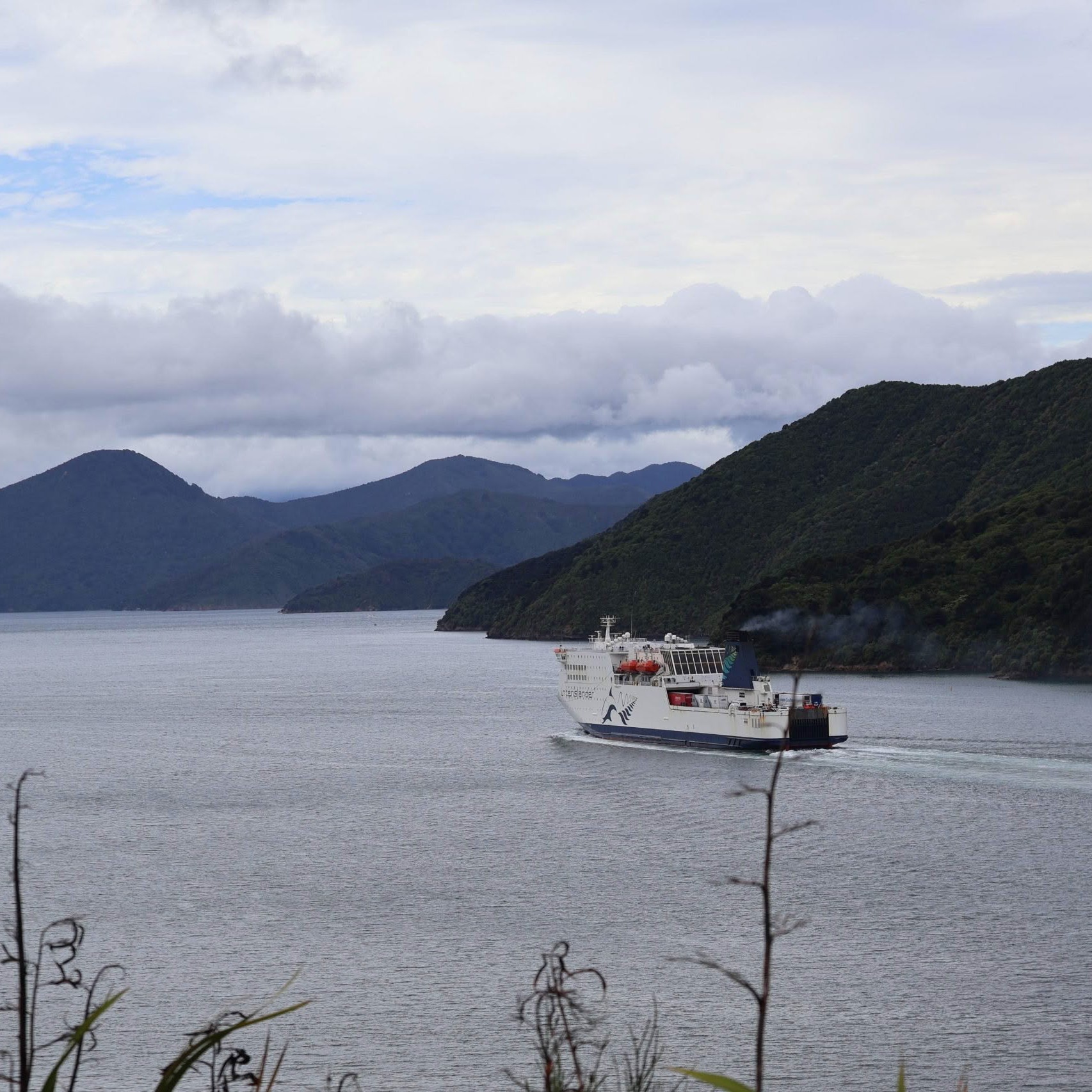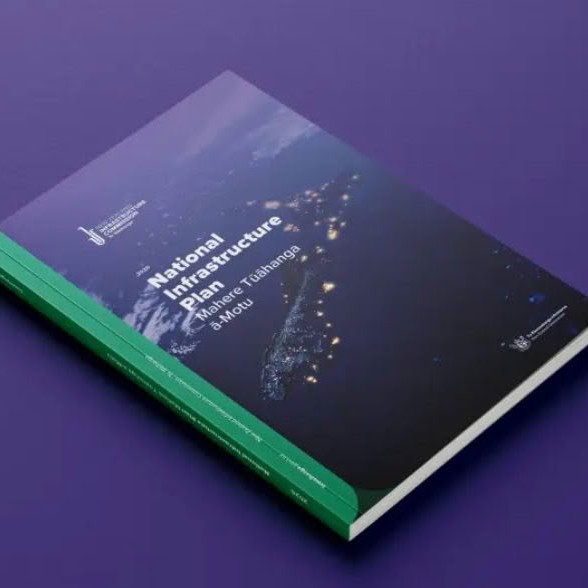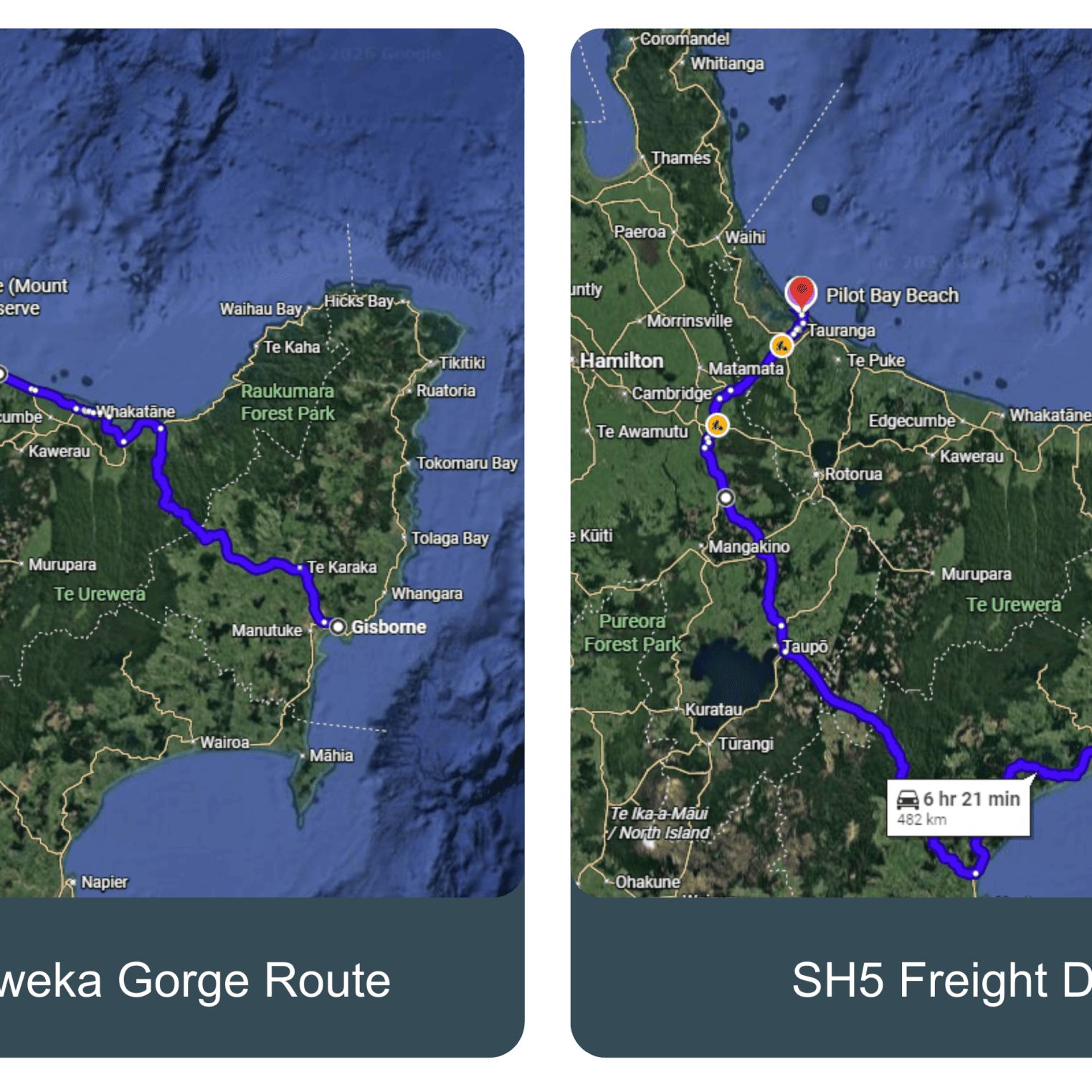
The Government needs a clearer position on transport decarbonisation and to be more realistic about the societal impacts while reducing emissions, says Road Transport Forum (RTF) chief executive Nick Leggett.
While recognising the considerable work done by Ministry of Transport Te Manatū Waka (MoT) on Hīkina te Kohupara – Kia mauri ora ai te iwi Transport Emissions: Pathways to Net Zero by 2050, in its submission the RTF says the Government’s approach is confusing, creates uncertainty in the freight sector, and will increase transport costs, which they should be honest about.
“On one hand the Government tells us the market should respond to the immediate supply chain issues caused, in part, by its long-term border closure,” Leggett says. “On the other hand, in this paper we see suggestions of government interventions in the supply chain that we can only describe as draconian.
“The Government is in no position to dictate how and when individuals and businesses choose to move their freight and household goods. Government officials do not have the expertise to examine payload efficiencies, nor should they be interfering in normal market forces that will inherently drive efficiencies. “We have commented in our submission that the Government’s approach to encouraging and supporting transport innovation that supports emissions reductions lacks tangible action and creates an environment of uncertainty in our sector.
“We believe the Government should refocus its efforts and provide support to industry wide and sector led initiatives, rather than its tendency to develop its own ideas or support niche products.
“New Zealand is largely a technology taker and the vast majority of expertise on the feasibility and viability of transport innovation lies within the market and transport sector leadership groups, not with Government.
“We have concerns about the comment, on page 11 of the green paper, “some people may be more impacted – for example, people who already experience social/economic disadvantages could be disproportionately affected if transport costs increase”.
“In our view, transport costs will unavoidably increase and those cost impacts will not be shared equally. We recommend that the government be much more realistic on the likely impacts to society while reducing emissions, and that they substantiate with this an evidence base of costs versus benefits – a principle sadly lacking in this paper.
“We believe the freight market is customer driven and ultimately, the customer, whether in New Zealand or in our export markets, will decide on price, convenience and/or time, and what is the best mode of transport for their freight.
“Government interventions to advantage one transport mode over another – in this case trying to force freight onto rail – inevitably creates unnecessary additional costs and lower overall economic prosperity, because it removes the choice to use the most cost-efficient freight solution.
“The Government’s continued discussion about modal share and shifting freight to rail or coastal shipping is irrational and a nonsense.
“There are a number of approaches, particularly with fuel and driving, that could be implemented in the short term to reduce emissions. The industry has suggested these in numerous discussion papers and we are getting increasingly frustrated that, rather than get after some tangible returns, the Government appears to continue with some fundamentally flawed policy idealisms and search for an unobtainable nirvana,” Leggett says.





